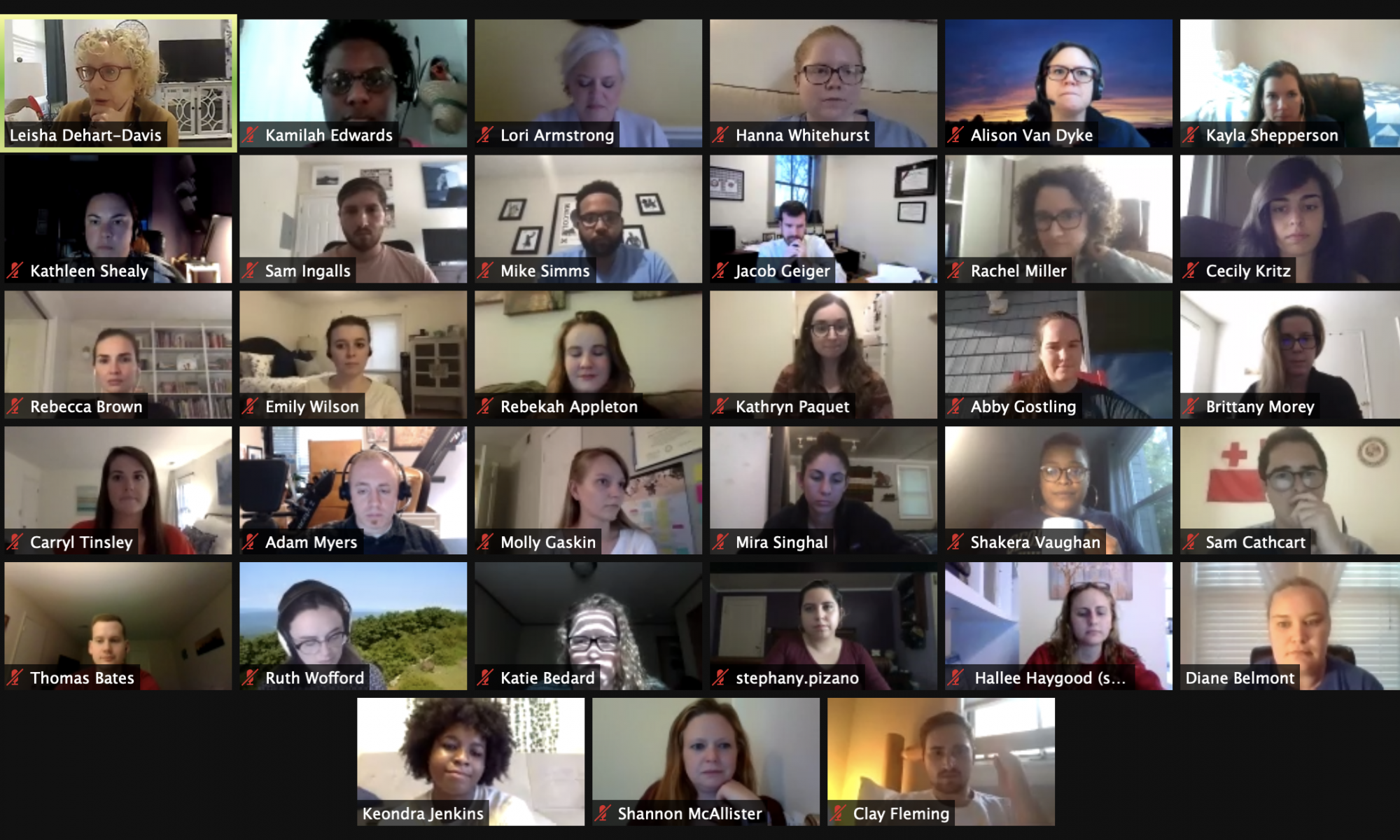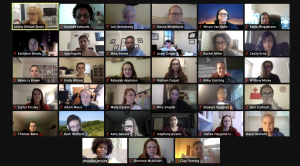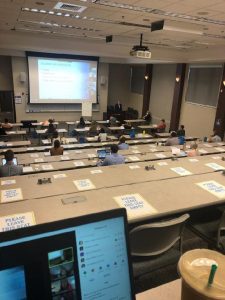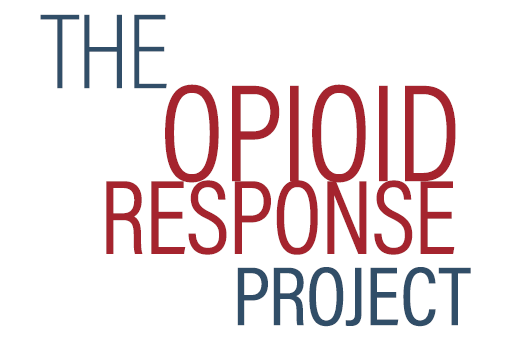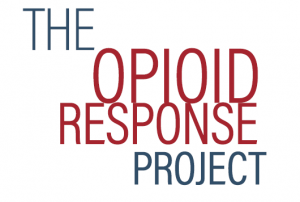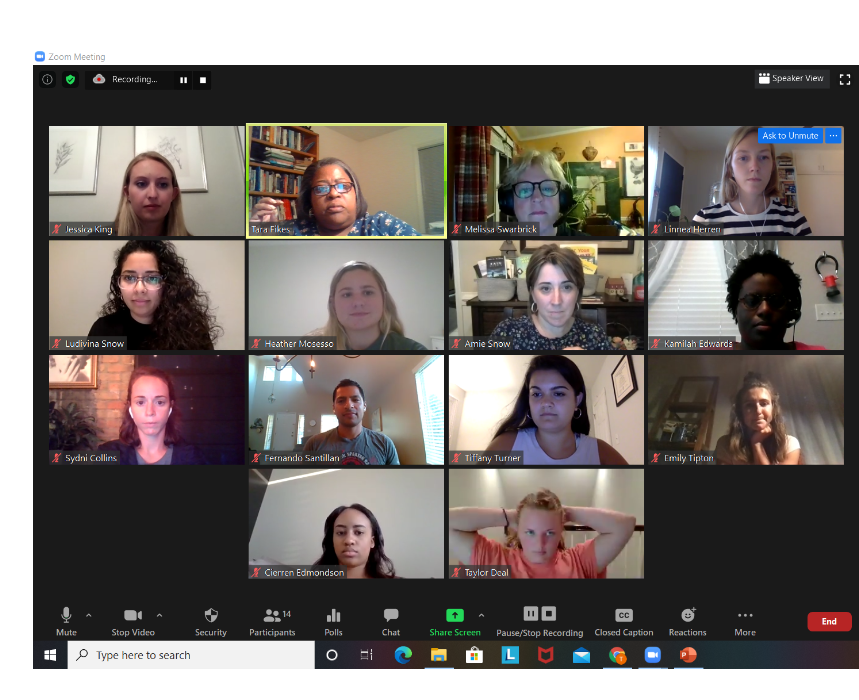If you have ever looked into obtaining your MPA at UNC, you may have come across the acronym ‘PWE’ while browsing our curriculum or attending a webinar. The PWE, which stands for Professional Work Experience, is one of the most important parts of our program and distinguishes us from other programs because it is a required component in our curriculum. A lot of programs out there don’t require an experiential component to their curriculum where students have to go out and practice what they learn in the classroom.
The Professional Work Experience or PWE is (in the most simplest terms) our version of an internship. But, it really is so much more. It is the opportunity to apply the leadership theories you study in class to a current and relevant public sector work environment. The experience is meant to be high level (no coffee fetching here) and provide our students an opportunity to cultivate their leadership or project management skills in a practical setting. 
Summer is a popular time for many of our students to complete their Professional Work Experiences, so we’d like to take the opportunity over the next few weeks to have some of our current students write about their PWE’s. We have 34 students who are currently completing the PWE requirement. Our students represent placements across local, state, and the federal governments as well as nonprofit organizations and the private sector. See the list below for some of our Summer 2021 placement sites, and enjoy the posts by our students over the next few weeks sharing their PWE experiences. Learn about the type of work their doing, the impact they are having, and think about how this could be you one day!
Buncombe County – Emergency Management Services
Town of Henderonville
Community Worx
USDA Rural Development Division
Town of Morrisville
Town of Chapel Hill
Town of Holly Springs
Center for Regional Economic Competitiveness
Dogwood Health Trust
Durham Management
Triangle J Council Of Governments
Town of Hillsborough
Orange County Human Resources
Town of Apex
Families Together
County of Hoke Board Of Education
United Way of Anderson County
UNC-CH Division of Finance and Budget
Virginia Coastal Policy Center
Rural Forward NC
North Olympic Healthcare Network
New Friends New Life
City of Winston-Salem
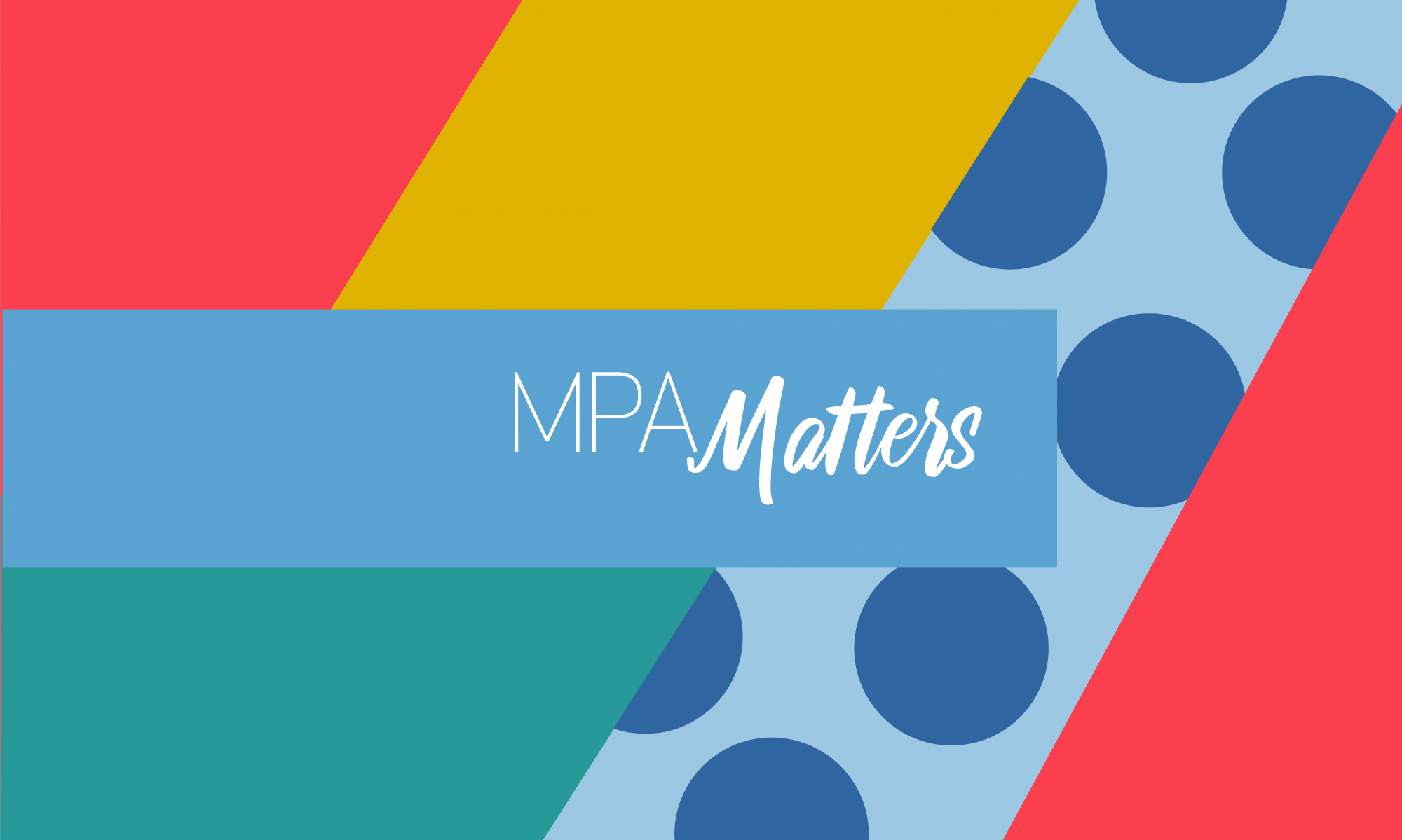

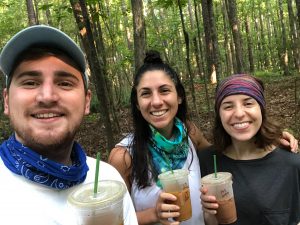
 I am working with the North Carolina Business Committee for Education (NCBCE) to fulfill my PWE hours for the MPA program. NCBCE is a non-profit organization that operates out of the Office of the Governor and serves as link for North Carolina employers and the education system. NCBCE invests significant time and resources to develop and promote work-based learning initiatives in North Carolina. In early 2020, pre-pandemic and before our lives changed, NCBCE, in partnership with the North Carolina Community Colleges, the Office of the Governor, myFutureNC, and the state Division of Workforce Solutions, launched NC Career Launch—an effort to increase post-secondary attainment and connect students to jobs in high-demand fields. Unfortunately, the pandemic interrupted the initiative’s momentum. I am working with the Executive Director of NCBCE to elevate NC Career Launch and restore the pre-pandemic momentum. One way we are working to accomplish this goal is by developing youth apprenticeship programs to pilot under NC Career Launch.
I am working with the North Carolina Business Committee for Education (NCBCE) to fulfill my PWE hours for the MPA program. NCBCE is a non-profit organization that operates out of the Office of the Governor and serves as link for North Carolina employers and the education system. NCBCE invests significant time and resources to develop and promote work-based learning initiatives in North Carolina. In early 2020, pre-pandemic and before our lives changed, NCBCE, in partnership with the North Carolina Community Colleges, the Office of the Governor, myFutureNC, and the state Division of Workforce Solutions, launched NC Career Launch—an effort to increase post-secondary attainment and connect students to jobs in high-demand fields. Unfortunately, the pandemic interrupted the initiative’s momentum. I am working with the Executive Director of NCBCE to elevate NC Career Launch and restore the pre-pandemic momentum. One way we are working to accomplish this goal is by developing youth apprenticeship programs to pilot under NC Career Launch.
